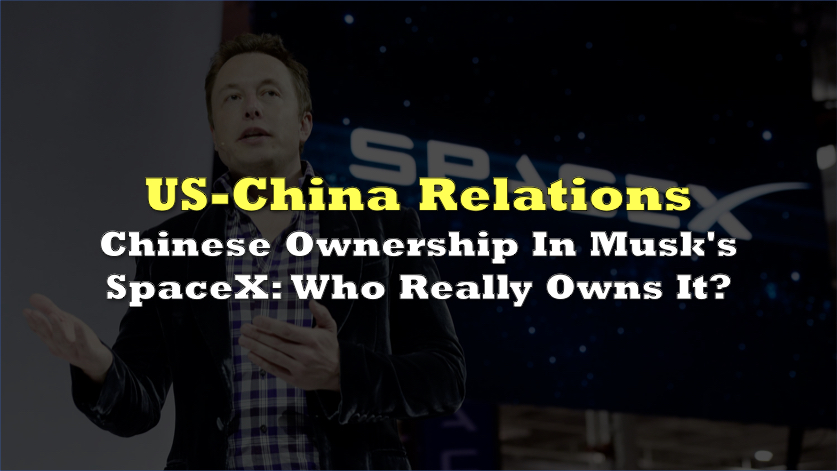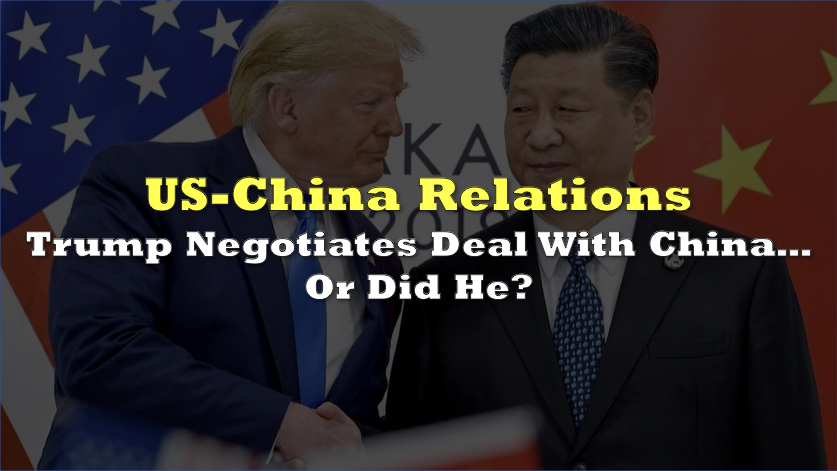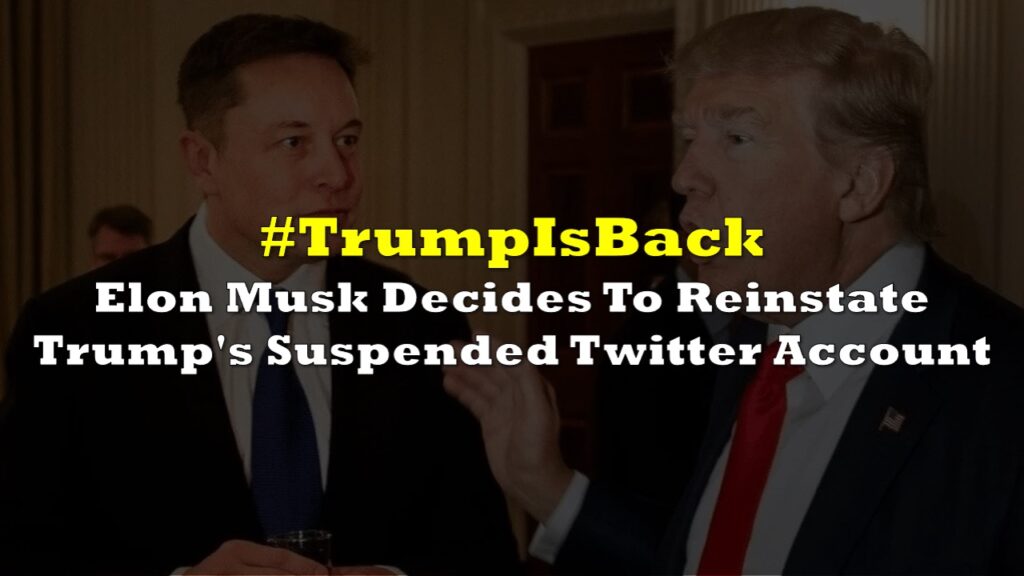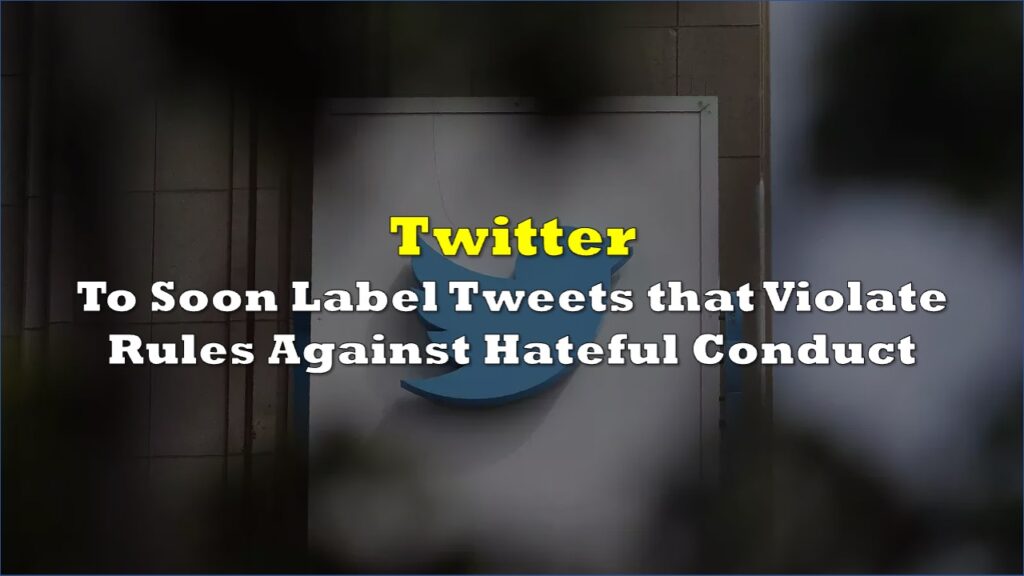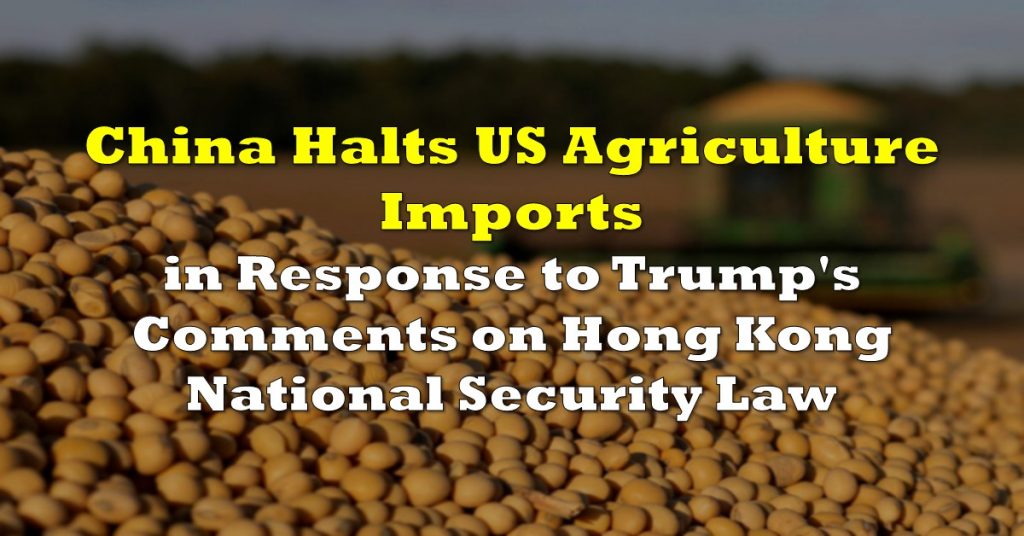Elon Musk’s privately held aerospace company SpaceX has reportedly quietly allowed Chinese investors to buy stakes through offshore secrecy hubs like the Cayman Islands. Testimony from court records in a recent Delaware corporate dispute reveals that these investments, though not illegal per se, are often shielded from close scrutiny, referred by experts as “a policy of obfuscation.”
SpaceX, widely known for launching rockets for NASA and developing a classified spy satellite network for the US government, publicly maintains that it avoids taking money from foreign adversaries.
Yet the company’s unspoken practice, according to the under-oath statements of two insiders, has made a major exception for Chinese funding. In December testimony, major investor Iqbaljit Kahlon stated that the route for these foreign funds typically goes through “BVI structures or Cayman structures or Hong Kong structures.”
So this sounds…problematic for SpaceX? pic.twitter.com/VHxAJQB6ML
— Chris Combs (iterative design enjoyer) (@DrChrisCombs) March 26, 2025
CFO Bret Johnsen confirmed that the company has “preferences that kind of feel like a policy” when it comes to potential Chinese or other hostile foreign investments. He also testified that he trusts Kahlon to filter out unacceptable investors.
Yet, according to court records, Kahlon and his firm have on multiple occasions steered Chinese money into SpaceX through offshore intermediaries. In some deals, Kahlon’s group handled cash injections from China using Cayman Islands and British Virgin Islands entities.
When news leaked in 2021 that a Shanghai-based company planned a $50 million investment in SpaceX, senior executives reportedly became alarmed. Johnsen described the media coverage as “not helpful for our company as a government contractor.” The deal was abruptly canceled, a decision that court records attribute to Musk himself.
Although Chinese money in American enterprises is not uncommon, legal and national security specialists note that it is unusual for a defense contractor to encourage routing foreign funds through secrecy havens. Federal regulators have broad authority to investigate and potentially block foreign investments in critical technologies.
The questions surrounding Chinese investment in SpaceX intersect with Musk’s deep ties to China through Tesla. A significant portion of Tesla vehicles are built in Shanghai, and the company has cultivated close relationships with the Chinese government.
Information for this story was found via ProPublica and the sources and companies mentioned. The author has no securities or affiliations related to the organizations discussed. Not a recommendation to buy or sell. Always do additional research and consult a professional before purchasing a security. The author holds no licenses.

